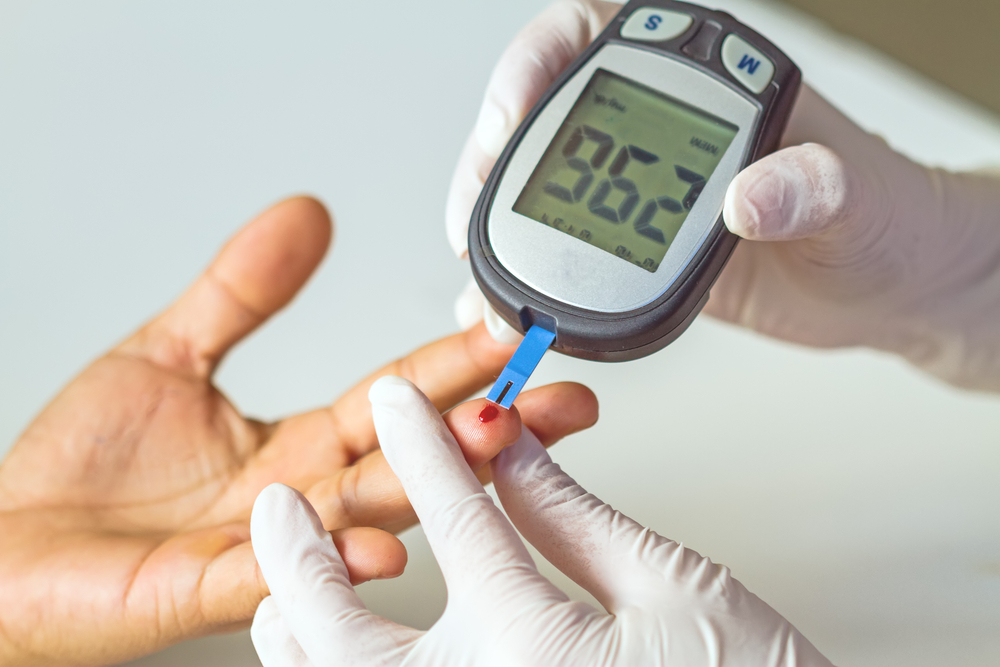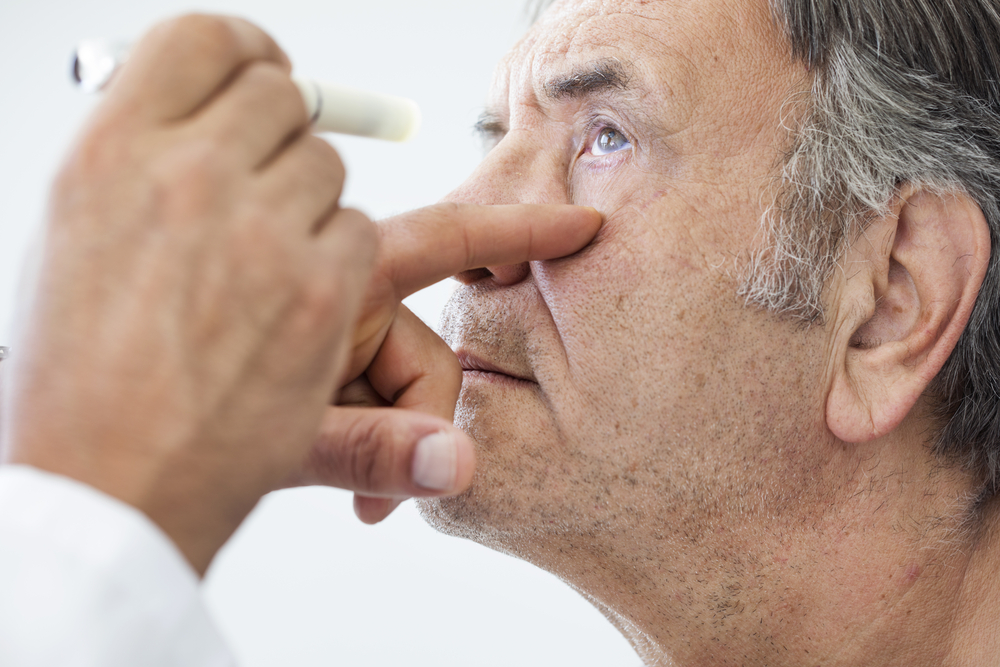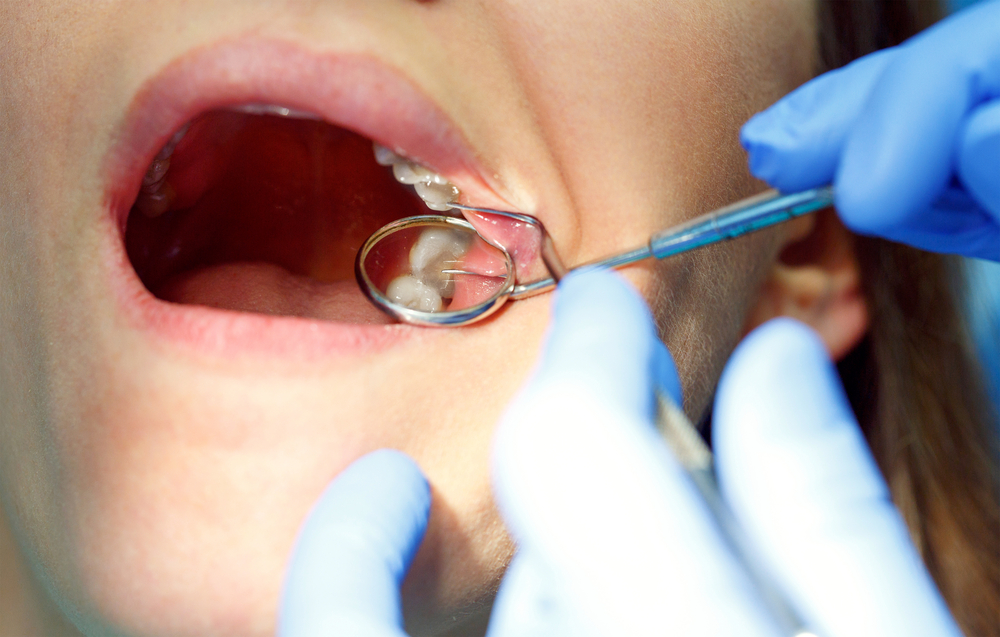Diabetes is a disease characterized by high blood glucose levels that result from body’s inability to produce and/or use insulin. Insulin is a hormone made by the pancreas that allows your body to use sugar (glucose) from the food that you eat for energy or to store glucose for future use. Insulin helps maintain your blood sugar levels.
Diabetes if untreated, over a period of time, may cause damage to blood vessels, nerves, kidney and many other organs of your body, causing a variety of complications like difficulty seeing, tingling and numbness in the hands and feet or an increased risk for a heart attack or stroke.
You should undergo these 10 examinations periodically if you are a diabetic:
1. Blood Sugar Levels
You should get your blood sugar levels checked regularly as advised by your doctor. Blood sugar levels are checked by two types of tests: fasting blood sugar test and postprandial blood sugar test. The frequency of getting these tests done varies from person to person on the basis of age, type of medication and severity of the condition.
2. HbA1c Test

HbA1c test is the most common test done to evaluate how much free glucose has attached itself to red blood cells in the body over the last three months. This test should be done every 3 months.
3. Blood Pressure:
Try maintaining your blood pressure less than 130/80 mmHg. Patients who manage to keep their pressure under control are less likely to suffer from the common problems associated with Diabetes such as heart attacks, blindness, or kidney damage. Get your blood pressure checked at every doctor’s visit or twice every month.
4. Eye examination:

You should visit an ophthalmologist (eye specialist) once every year for a detailed eye examination. The doctor would check for any damage to the nerve tissues on the back of the eye(Retina). Diabetes may lead to decreased vision and in some cases blindness as well. So a regular annual eye checkup is essential to prevent any eye damage.
5. Foot examination

You must visit your doctor for a foot examination at least once every year to get your pulses and reflexes checked in your feet. You may also be examined for any unhealed cut, infections, sores or loss of feeling anywhere in your feet. The risk of having a foot problem increases if you are a type 2 diabetic. Get yourself examined every 6 months, if you had foot ulcers before.
6. Cholesterol profile test:
Cholesterol is a waxy substance present in your blood as HDL(good cholesterol) and LDL(bad cholesterol). With diabetes, the LDL levels and triglycerides tend to increases while the HDL levels decrease, increasing the risk of heart disease and stroke.You should get your cholesterol profile checked every year regularly. If you already have high cholesterol then you should have this test more often.
7. Kidney Tests
Kidneys are responsible for filtering the blood and removing waste products from the body. In diabetics, the blood vessels in the kidneys get injured and your kidneys cannot clean your blood properly. Your body will retain more water and salt than it should. You may have protein in your urine. Generally, this damage happens many years before it gives any symptoms. So, you should get a yearly check for your kidneys through kidney function tests(blood tests) and a urine test.
8. Dental checkup:

Get yourself examined every 6 months by a dentist for your gums, teeth and regular cleaning.
9. Liver Function tests and Thyroid stimulated hormone test:
Liver function tests(LFT) should be done once annually as it helps determine the health of your liver by measuring the levels of proteins, liver enzymes, or bilirubin in your blood. People with Type-1 diabetes should also get their TSH(Thyroid Stimulating Hormone) check done every year.
10. Vitamin B12 test:
In case you are taking metformin from a long time, then you must get your vitamin B12 levels checked as the use of metformin may cause vitamin B12 deficiency. Periodic measurement of vitamin B12 levels should be considered especially if you have anemia or peripheral neuropathy.
Getting periodic tests and checkups done plays a critical part in managing diabetes by helping spot problems early and preventing complications.
Now, manage your diabetes better with preventive health check-up coverage.
1,243 total views, 2 views today










